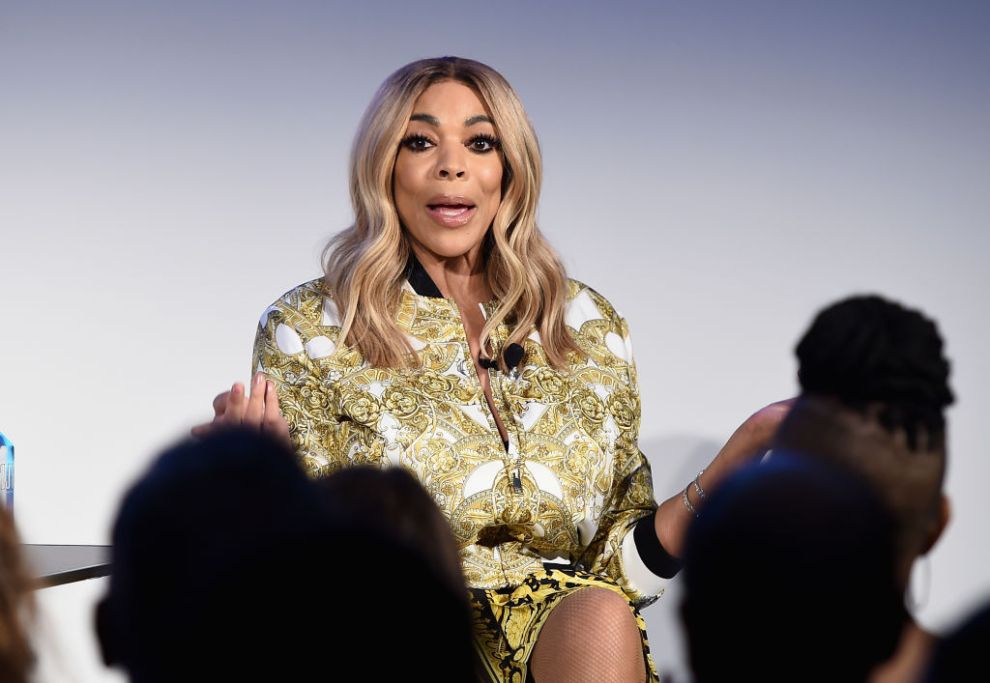In a legal battle that has recently come to light, a court-appointed guardian for Wendy Williams is confronting A&E Networks over the controversial documentary detailing the former television host’s recent struggles with health and well-being. The lawsuit, now unsealed, accuses the network of “blatant exploitation” for filming without proper permissions and alleges that Williams, at the time, lacked the capacity to authorize her participation.
Sabrina Morrissey, acting as Williams’ guardian, asserts that the 59-year-old did not have the legal or mental capacity to consent and was misled about the nature of the documentary. The complaint, obtained by The Hollywood Reporter, condemns the exploitation of a vulnerable individual and expresses disgust at the portrayal presented in the documentary.
Morrissey attempted to halt the release of the documentary, “Where Is Wendy Williams,” but her efforts were initially thwarted by a judge citing First Amendment rights. William Selby, Williams’ manager on the project, claimed to have been as surprised as Morrissey when the trailer was released without notification.
The lawsuit also raises questions about the authorization process for the documentary, particularly concerning a company called The Wendy Experience, which reportedly signed off on a contract with Entertainment One. The signature on the contract, allegedly made after Williams’ legal guardianship was established, is described as “not clearly legible.”
Williams’ publicist voiced criticism of the documentary, stating that it failed to depict positive moments, while A&E issued a statement suggesting that their papers would reveal a different perspective.
On the other hand, Lifetime, the parent company of A&E, faced allegations of “shamelessly” exploiting Williams amid her challenges. Morrissey filed a lawsuit to block the documentary, claiming it portrayed Williams in a demeaning manner and inaccurately suggested she was “broke” and struggling with substance abuse.
According to Morrissey, court and guardian approval was required for all contracts related to Williams, yet no such approval was sought or provided. She expressed horror upon viewing the trailer, believing it portrayed Williams in a humiliating manner.
The lawsuit argued that the documentary exploited Williams’ medical condition for entertainment value and disclosed personal diagnoses without consent. Lifetime, however, countered these allegations, stating that their papers would tell a different story.
The documentary captured a tumultuous period in Williams’ life, including struggles with alcohol addiction and health issues such as Graves’ disease and lymphedema. Despite objections from Morrissey, the documentary premiered as scheduled.
Two days before its release, Williams’ care team disclosed her diagnosis of progressive aphasia and frontotemporal dementia, conditions that have presented significant hurdles in her life. The team emphasized Williams’ resilience and thanked supporters for their kindness.
While Morrissey claimed ignorance of the documentary’s nature, executive producer Mark Ford asserted that all necessary permissions had been obtained, and the film accurately depicted Williams’ reality.

